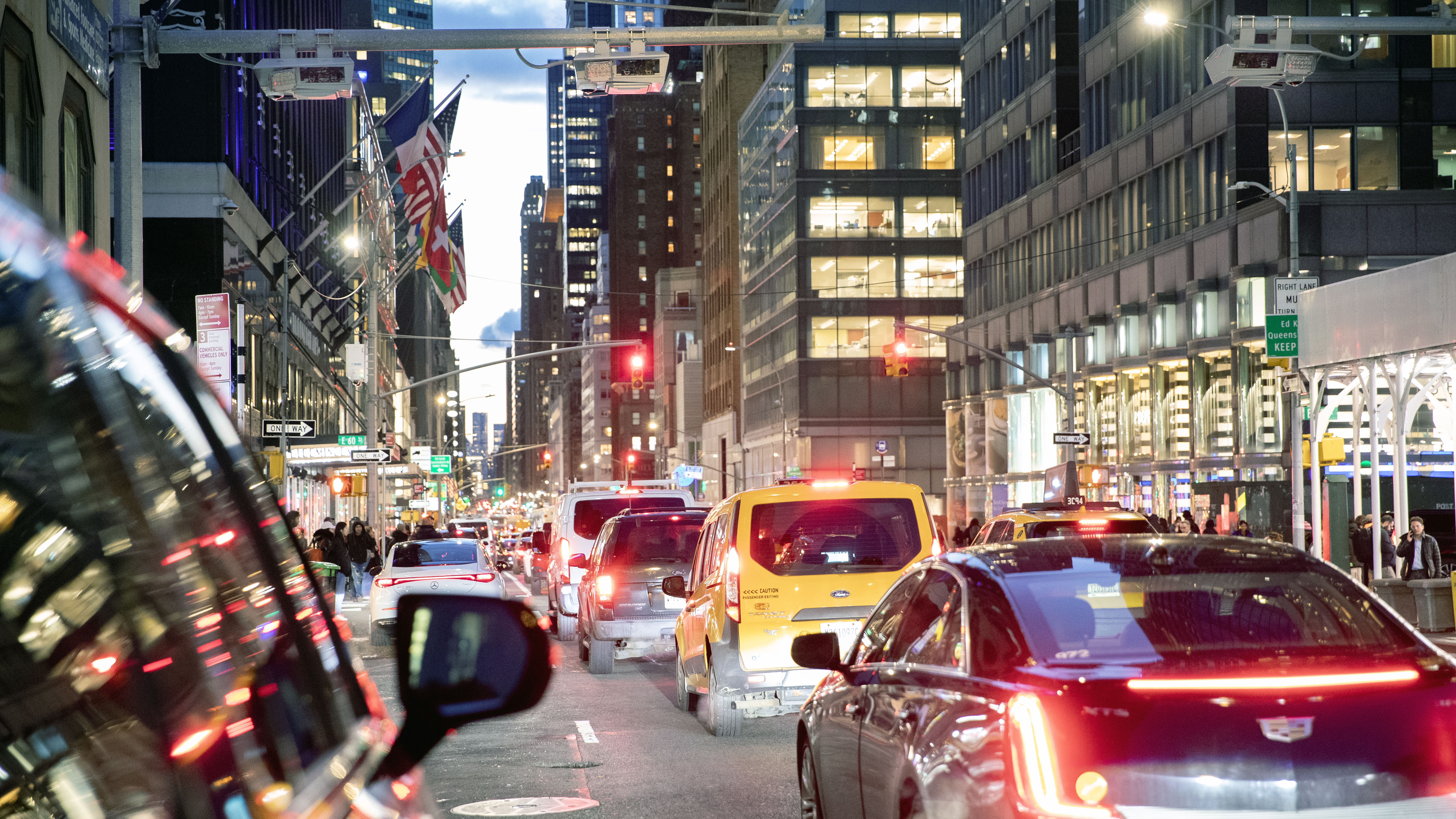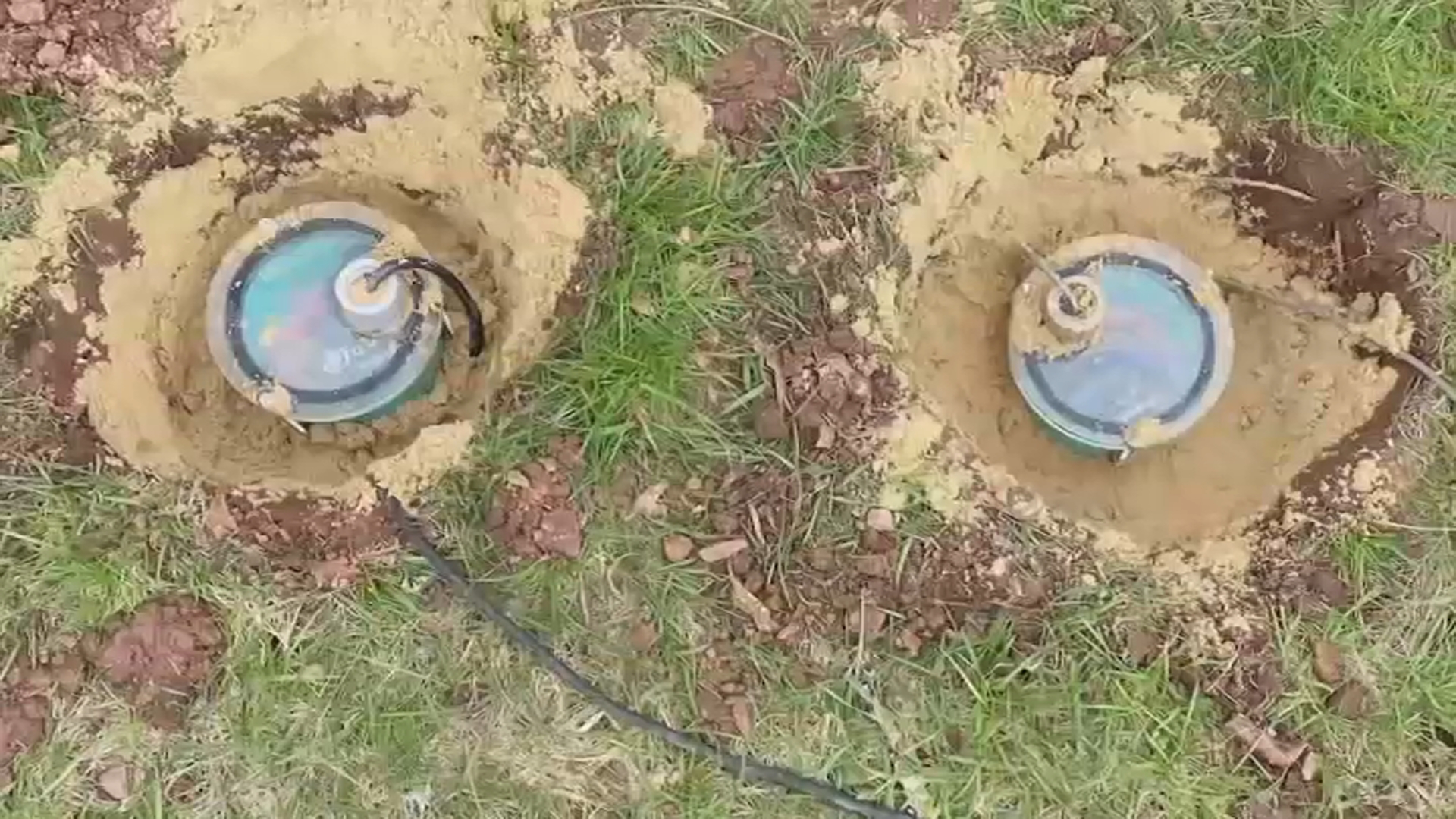New York's new electronic voting machines made their debut in Tuesday's statewide primary with scattered hiccups, including reports of non-working machines that resulted in long lines at a few polling sites -- and slow, slow returns after polls closed.
"This is crazy, these machines aren't going to work for the future," Francis Orta,, a poll worker at PS 165 in Morningside Heights, said, quoting distressed voters.
Majorie Goldsmith, who was voting there, said "The first ballot I filled out didn't go through, so I had to fill another one out -- they just got to figure out how to make the machines work."
And when polls closed at 9 p.m., despite relatively low turnout, returns tricked in at a snail's pace.
The Board of Elections said that the process of tallying votes takes longer with the new electronic machines because there are more steps involved than with the old lever machines, and there is no instant data sharing between the machines and the BOE.
New York was the last state to comply with the federal Help America Vote Act, and voting rights advocates have been nervously eyeing primary day as the first test of the electronic system.
Instead of pulling levers — as New York voters have done for 80 years — the state's polling sites presented voters Tuesday with paper ballots to mark by pen and feed into ATM-like machines.
In one New York City suburb, some voters were turned away or given emergency ballots while a few machines were out of service for about 2½ hours.
And the Election Protection Coalition said it had received reports of a few machines breaking down in New York City. Each polling site is supposed to have two working machines, and the group said it was aware of at least three sites where one machine was not working, and one site where both machines were down for a period of time.
The coalition receives reports through its hot line and has volunteers monitoring high-turnout sites. The city has about 1,360 polling sites.
Local
New York Mayor Michael Bloomberg blasted the city Board of Elections for failing to prevent what he described as "disturbing" problems.
"Some polling sites opened 2 to four hours late. That is a royal screw-up — and it's completely unacceptable," Bloomberg said at City Hall.
The city Board of Elections said it had been working to address the problems, and asked voters to be patient.
"I think the city as well as the BOE is learning a lot today," said NYC BOE Commissioner JC Polanco. "Moving forward we're gonna have more succesful elections."
State Board of Elections spokesman John Conklin said the reports of problems were at a typical level, no different from what was experienced with the lever machines.
"As far as we're concerned, it's the normal amount for an election day," Conklin said.
Meanwhile, voters gave mixed reviews of the machines that were working.
"I found it a little confusing," said Nancey Flowers, after voting in Brooklyn. "I liked the older lever mechanism better."
Karen Benezra pronounced it "generally pretty painless" after voting in Manhattan.
"It was all right," she said. "Pretty easy to use. It just takes a bit longer to actually vote for all 12 people if you're trying to fill out circles versus just flipping levers."
The Help American Vote Act was enacted in response to the contested Florida presidential vote in 2000. It directed states to adopt simpler voting systems to avoid problems like what led to the infamous recount there.
The lever machines violated HAVA guidelines because they are difficult for people with disabilities to use and do not provide a paper trail if the outcome of a vote is disputed.



